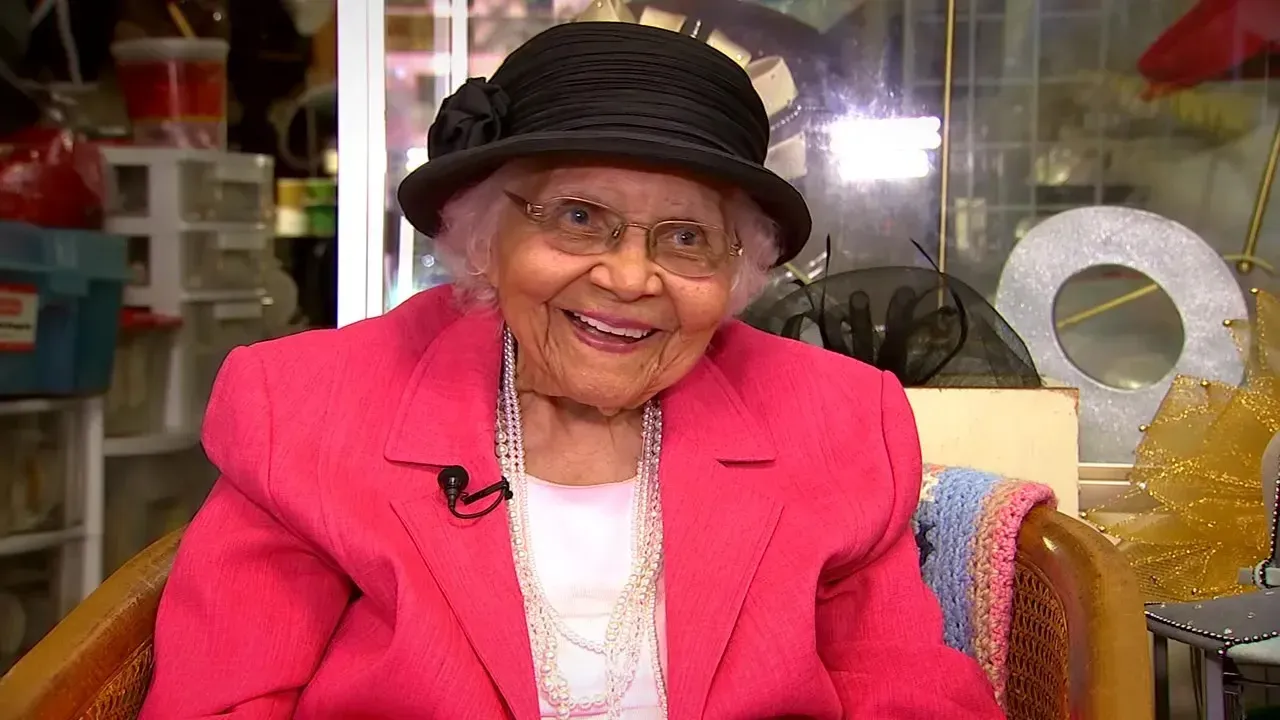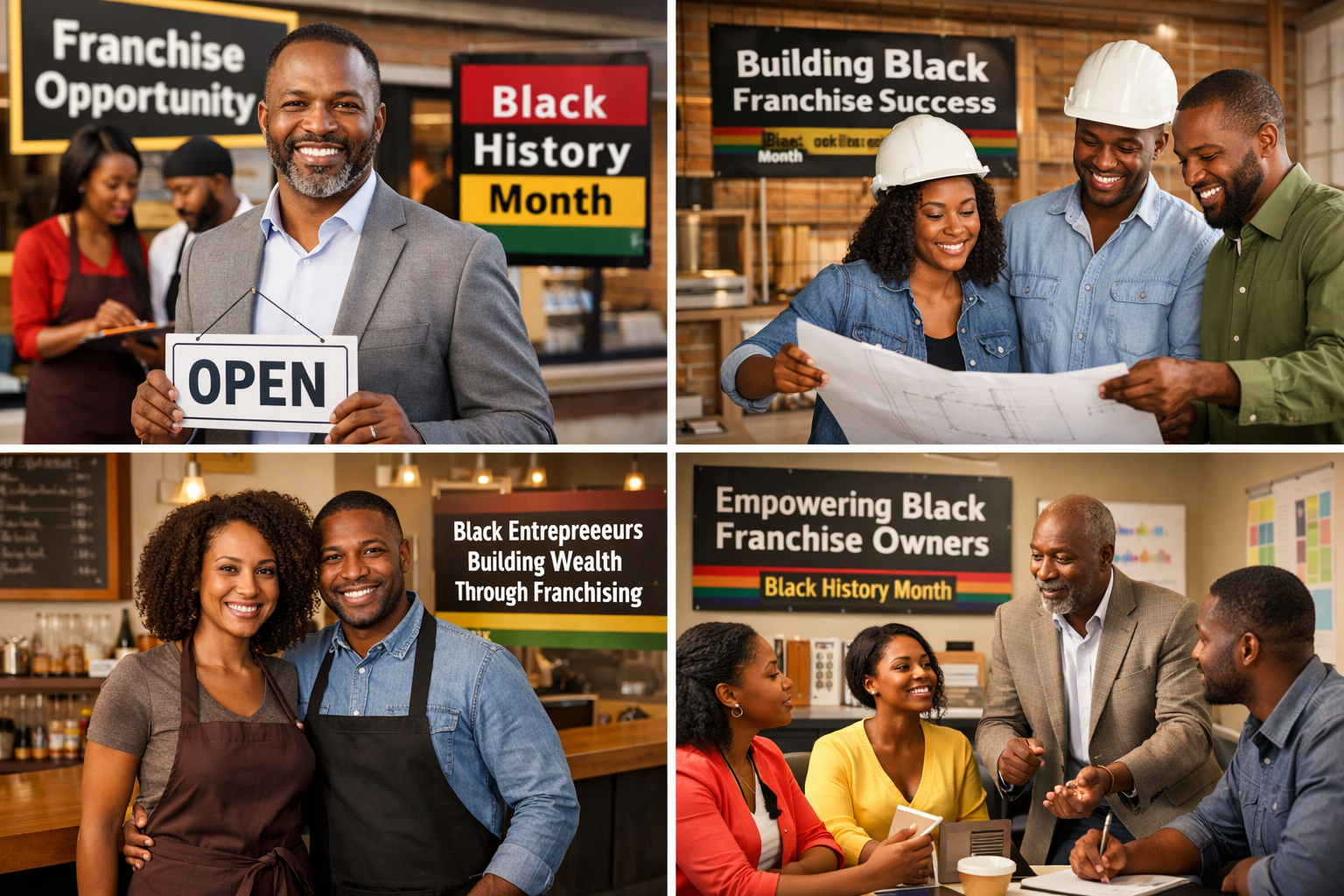Bollywood Meets Hollywood: How Indian Dance & Music Studios Are Building a $500M Fitness and Wedding Franchise Empire
From Cultural Roots to Billion-Dollar Routes
In a repurposed warehouse in downtown Los Angeles, a group of sweat-drenched professionals kick and spin to the infectious beat of Naatu Naatu. Across the country in Miami, a tech CEO perfects his Kathak footwork over Zoom, while in New Jersey, 12 bridesmaids rehearse a choreographed sangeet performance for a multimillion-dollar Bollywood wedding.
This isn’t Mumbai or Delhi—it’s the new frontier of American fitness, entertainment, and weddings, where Bollywood-inspired dance studios, music academies, and event producers are crafting a half-billion-dollar franchise niche. What started as a cultural preserve for Indian immigrants is now a scalable business model attracting Gen Z gym-goers, high-spending wedding clients, and Hollywood talent scouts alike.
Behind the Spectacle: The Business of Bollywood
Driven by cultural pride, social media virality, and a global appetite for theatrical flair, Indian dance and music ventures in the U.S. are raking in revenue. According to IBISWorld, U.S.-based Indian dance studios alone generate over $220 million annually. But when you factor in event choreography, streaming platforms, and high-budget weddings, that number climbs closer to $500 million—with projections nearing $1 billion in the next decade.
Three business models dominate the space:
1. Fitness Franchising: Bollywood as Cardio
Studios like BollyX have turned bhangra into boutique fitness gold. With 45 U.S. locations, classes range from $25 to $35 per session and draw a 90% non-Indian audience. The franchise recently inked a deal with Apple Fitness+, signaling growing mainstream interest.
Harvard studies show bhangra can burn 450+ calories/hour, rivaling spin classes and boot camps. Studios now pitch Bollywood fitness as “fun functional wellness”—the perfect hybrid of culture and cardio.
2. The Celebration Economy: Dance as a Premium Wedding Service
Indian weddings in the U.S. are no longer niche. They’re the crown jewels of the $80 billion American wedding industry. From choreographing sangeet performances to managing jaw-dropping entrances (think brides descending from the ceiling), Bollywood-themed weddings now command $125K–$2M+ budgets—well above the national average of $30K.
Studios like Nasha Entertainment and Taal Dance Academy have systemized this chaos into profit centers, offering everything from “Wedding Prep Intensives” to $25K sangeet packages. The most successful even franchise their model across states, training instructors to replicate their signature routines and style.
3. Digital Gurus: Scalable Subscription Models
Bollywood icon Madhuri Dixit’s platform, Dance with Madhuri, exemplifies the rise of subscription-based dance training. At $29/month, users stream everything from beginner Garba to advanced Kathak, with partnerships across 14 U.S. gym chains. The platform boasts a 62% retention rate—double the industry average.
This digital layer not only extends reach but also builds loyalty through flexible, anytime access. Other studios have followed suit, offering Zoom classes, video tutorials, and downloadable choreo kits.
Weddings: The Blockbuster Opportunity
Bollywood weddings are evolving from intimate cultural affairs to theatrical extravaganzas. Meena Kapoor of Bollywood Brides LLC has produced over 30 cross-cultural weddings, many for non-Indian couples attracted to the glamor and storytelling of Indian traditions. According to The Knot, 47% of Bollywood-style weddings are booked by non-South Asians.
Vendors have adapted, offering “Bollywood-Lite” starter packages for $85K and pop-up “Shaadi Weekends” in Vegas and Miami. Fontainebleau Miami now has a dedicated Shaadi Concierge, and Marriott is experimenting with 72-hour Bollywood transformations in select venues.
Four Revenue Streams Powering the Movement
- Choreography Services – With demand peaking around weddings and TikTok virality, studios charge
$5K–$25K for event choreography.
- Cultural Catering – Indian-fusion food vendors like
Rasoi Wagon report
$3M+ annual revenue, serving chai-tinis and masala mac-n-cheese.
- Vendor Ecosystems – Specialized decorators, mehndi artists, and costume rental companies now operate in niche silos, offering items like
floating peacock thrones ($8,500).
- Content Creation – Event photos and sangeet performances routinely go viral, turning one wedding into
18+ vendor contracts, as seen with the Singh-Wilkinson nuptials in Napa.
What Makes This Market Franchisable?
- Low Overhead – Most classes and events require minimal equipment.
- Built-In Differentiator – The cultural element sets studios apart in a crowded fitness or wedding market.
- Recurring Revenue – From recurring Zoom classes to long-term event contracts, income streams stay active year-round.
But challenges persist:
- Music Licensing complexities
- Regional style differences (e.g., Punjabi vs. South Indian)
- Balancing authenticity and accessibility for a diverse customer base
The Mainstream Crossovers: Where It’s Headed
The crossover potential is massive. Broadway choreographers now scout talent from Indian dance studios. Companies like Deloitte and Google are booking “Slumdog Millionaire”–themed team-building workshops. Retirement communities are adding “Bollywood Chair-Dance” programs for seniors.
Hollywood isn’t far behind—rumors swirl of a Bollywood musical number in Deadpool 3, reflecting how Indian dance is now influencing global entertainment narratives.
Final Scene: Franchising the Dream
Whether it’s a quinceañera set to Chaiyya Chaiyya or a Napa vineyard wedding echoing Padmaavat, Bollywood’s blend of spectacle, rhythm, and emotional resonance is redefining American entertainment. For aspiring franchisees and investors, the roadmap is clear:
- Package culture as accessible lifestyle
- Digitize for scalability
- Own a niche—be it weddings, fitness, or kids’ classes
As Ravi Patel of
Jai Ho Music Academy puts it, adjusting his headset mic before a class:
"Americans used to ask if we teach snake charming. Now they want our 8-week ab challenge and wedding flash mobs."
The credits are just beginning to roll. And this show is destined for a sequel.
About the Author
Jack Tiwari is a seasoned business consultant, community leader, and cultural advocate. With a deep understanding of the franchise industry, he helps entrepreneurs achieve success in franchise sales and acquisitions, business development, and social impact. Contact Jack at jack@thefranchiseconsultingcompany.com.











